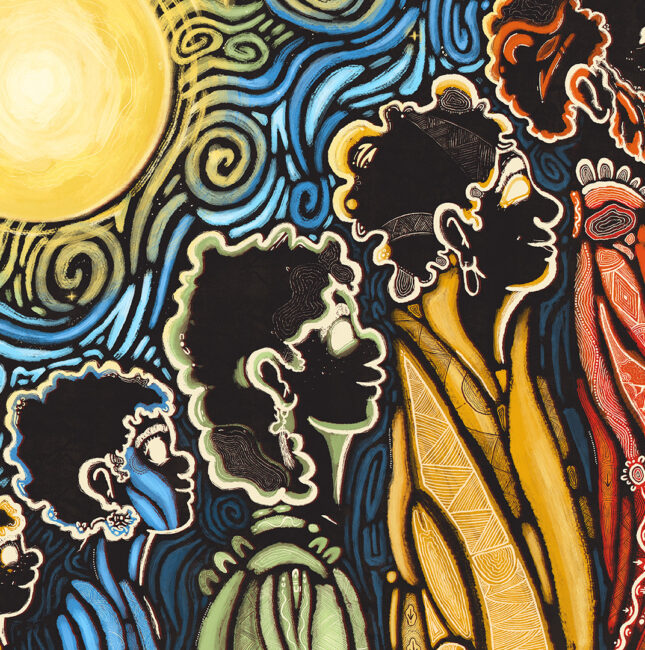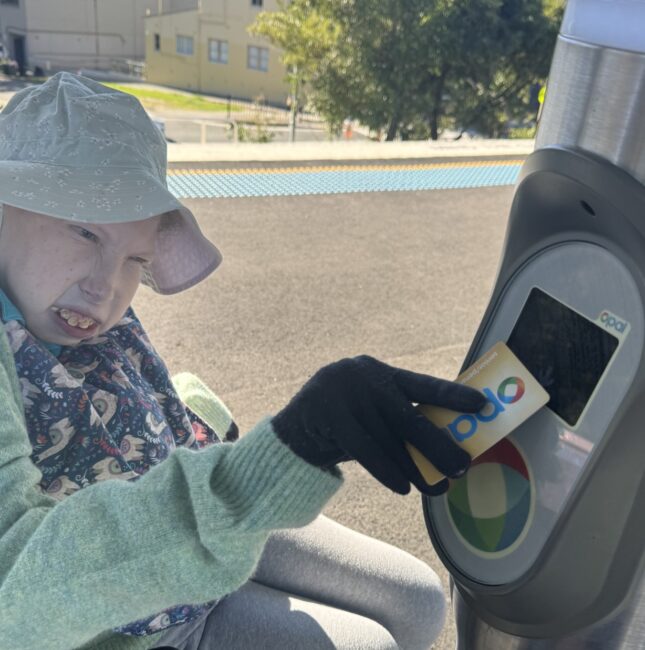Feeling stuck? Learn how to make changes in your thinking and your behaviour?
October 22, 2022
It’s not uncommon at some point in life for a person to feel ‘stuck’ in a situation, a behaviour or a frame of mind which prevents them moving forward and living a fulfilled life, but it’s not always clear how to go about getting unstuck. That’s where a visit to a counsellor or psychologist could assist.
CatholicCare Diocese of Broken Bay (CCDBB) offers general counselling services addressing a broad range of issues presented by clients.
“Everybody can benefit from seeing a counsellor or psychologist,” says Rachael, Program Lead & Counsellor.
“We don’t always get raised by perfect parents and through the experiences of our life we learn how to be happy, sad, jealous – all the ways of thinking. There is no ‘perfect person’, so we can all do with someone safe to talk to who can provide helpful strategies when other things we’ve tried don’t seem to be working.”
Rachael says counselling is often short-term in nature and is involved with talk therapy, although various different tools and methods can be utilised to provide a safe, confidential space for people to work through their issues and move forward with life in a fulfilling and positive way.
Rachael says the counselling team at CCDBB offer all forms of general counselling, as well as some specialist counselling in certain areas, such as financial counselling and domestic violence or trauma counselling. “Anyone can come to us if they are feeling stuck in their life,” she says. “The client is the driver and they are held in unconditional positive regard”.
“Typically, we might see someone who is really struggling to apply healthy strategies to their life. It might be someone who’s struggling to get out of bed and face the day or someone dealing with things that happened in childhood and they want a safe person, a person removed from their circle of family or friends, to talk things over with”.
“At CatholicCare we see a lot of women or men fleeing domestic violence or who have been perpetrators of domestic violence wanting to seek support to make healthy changes in their life.”
Rachael says there are a range of approaches that can be employed during a counselling session.
“If someone comes in and knows that they want support but actually don’t want to talk, they may prefer to draw or write how they’re feeling. This often also applies to children who can’t verbalise their feelings well. We have a range of therapeutic resources, tools and training, such as flashcards or Lego or other creative tools which can facilitate the discussion”.
“Counselling is about empowerment – helping people who feel they are not sitting in the driver’s seat of their life to move into that driver’s seat, feeling that they’re in control and choosing which way they go.”
We urge client to make changes in their thinking and behaviour patterns by thinking about themselves from a more objective perspective.
“When a client comes in to discuss their problems, we observe their thinking and behaviour and make a link between these observable facts and things like their family or origin and their lived experience. We can delve more deeply into what are the conditions that created this scenario, the history of what’s happened to you in your life, and essentially getting you thinking about your thinking”, says Rachael.
We see many clients with a trauma background who live with chronic anxiety and depression and don’t understand why they can’t progress in life and manage relationships. It’s usually because they are stuck in their development. They’ve created lots of barriers that get in the way of developing a happy, peaceful life. They need to heal, to learn strategies, and then the opportunity for them to thrive starts to come about because they’re not being held back by their thinking or their core beliefs or behaviour, and that’s where we can help.
Reasons why adults might attend counselling or therapy sessions
- Dealing with anxiety and depression
- Dealing with loss or grief
- Feeling like they’ve lost control or direction
- Feeling alone or isolated
- Having gone through a traumatic event or prolonged trauma
- Having undergone a large life change
- Relationship issues
- Addiction
- Having negative thoughts or mood swings
Reasons why children might attend therapy sessions
- Learning difficulties
- Bullying
- Dealing with emotion, physical or sexual trauma
- Eating disorders
- Emotional or behaviour issues
- Family changes
If we can help in any way, please reach out to 1800 324 924. You can learn more about our therapy services here.
More news stories like this one
NAIDOC Week 2025 – The Next Generation
CatholicCare is proud to celebrate NAIDOC Week y amplifying the voices, stories, and aspirations of Aboriginal & Torres Strait Islander people. This year’s celebrations are all about empowering the next generation of leaders - our young people who carry culture forward with pride, resilience and hope.
Read MoreTrain adventures give participants choice & control
When participants and their parents have their voices heard, wonderful things can happen. The words ‘choice and control’ are bandied about a lot in the disability space, but this story shows how crucial they are to a person’s wellbeing and happiness.
Read MoreDavika emerges from a web of violence
As they grew up, the two friends went their separate ways. Davika had settled into life as a single mum in India, and Priyanka had moved to Australia to marry an Australian man. Life, as Davika knew it, changed forever when Priyanka returned to India for a holiday with her husband and her husband’s Australian brother, Steve.
Read More


